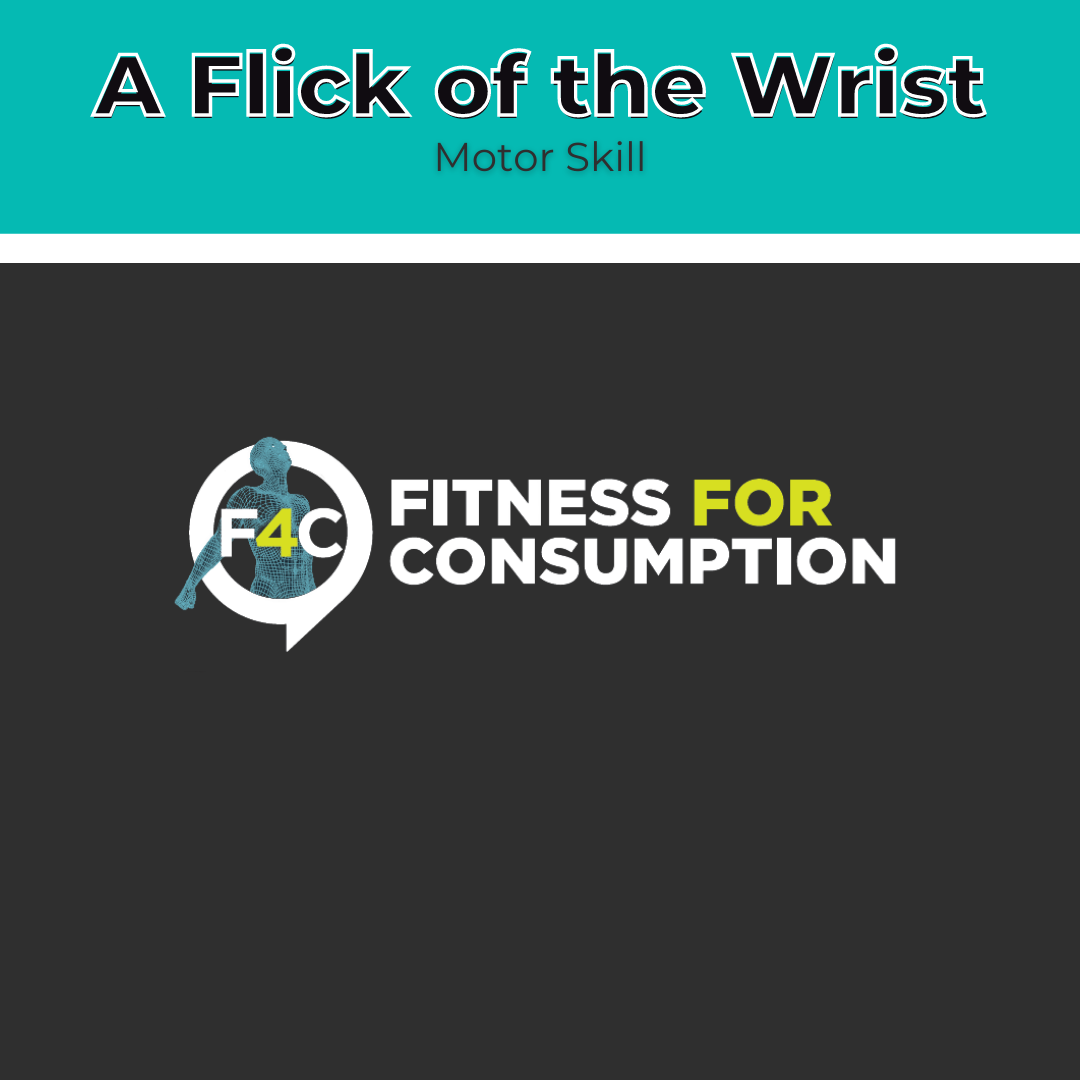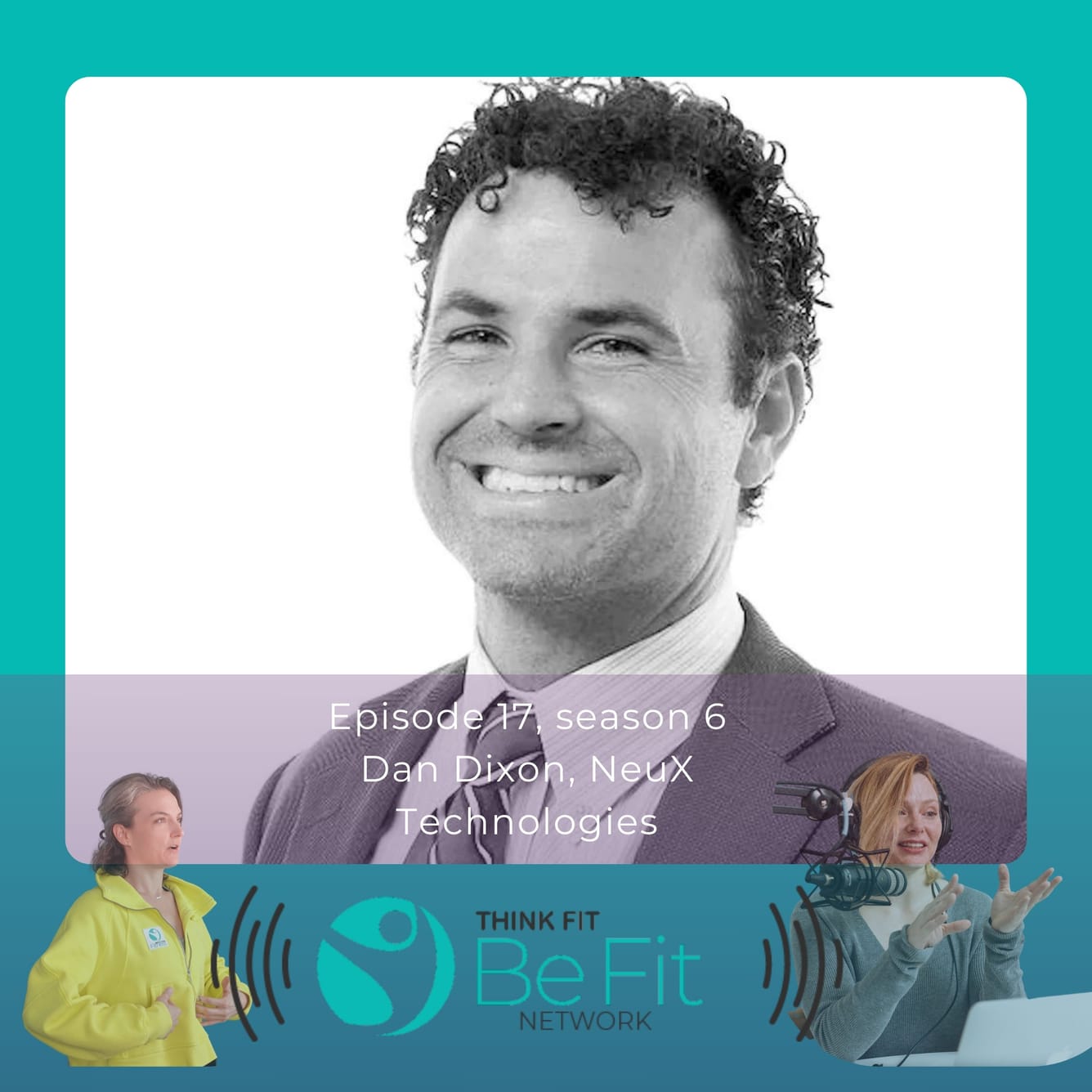A Flick of the Wrist

Season 3, Episode 1
And, we’re back! A little change of scenery is in order to kick off season 3 of Fitness for Consumption. Catching up after a short summer break, GG offers his view from his own personal training camp while Dr. J invites us on his road trip to California. While regaling us with a story from the road, PJ shares an insight describing how driving with cruise control can quickly scale up from an activity controlled with a simple flick of the wrist, to one that demands complex spatial and temporal problem solving.
And thus we introduce the prevailing theme of this season’s episodes; motor skill.
Episode one begins with a question, what is the hardest skill to perform in sports? But before we can answer that, we need to define skill. What is it exactly, and how does it relate to the exercises we do in the gym? Is an exercise, in fact, a skill, or the thing we do to develop skills?
Continuing, PJ and GG deconstruct skills into their constituent parts, while introducing different categories of skill. What must we possess in order to solve them, how do we organize our movements to perform them, and how can we train to improve skills without performing the skills themselves? It’s all unveiled in episode 1.
In this episode we discuss:
- What is skill?
- The degrees of freedom problem
- Types of motor skills; open vs closed
- Fitts law - the speed/accuracy trade off
- Gentile’s taxonomy
- Dimensions of skills
- Considering modifying skill difficulty
Glossary:
Closed Motor Skill - a motor skill involving an environment in which the spatial and temporal components are relatively certain and predictable.
Cognitive Load - the volume of information that must be processed during a specific motor skill.
Degrees of Freedom - the number of independent elements within a system and the number of ways each element can act individually and then collectively.
Degrees of Freedom Problem - a control problem that exists when determining how to constrain a system’s many degrees of freedom in order to produce a specific result.
Gentile’s Taxonomy - a classification system of motor skill progression designed to include a variety of movement characteristics. This incorporates several factors including environmental context, object manipulation, movement or stability of the body, and the presence of independent timing mechanisms.
Open Motor Skill - a motor skill involving an environment in which the spatial and temporal components are relatively uncertain.
You might also like:


